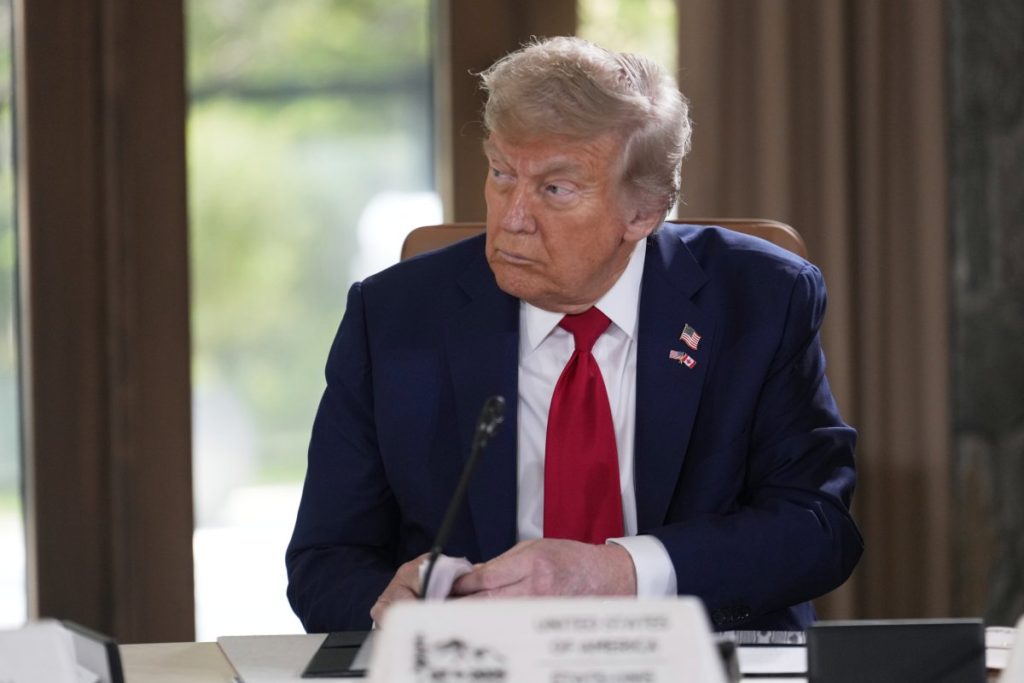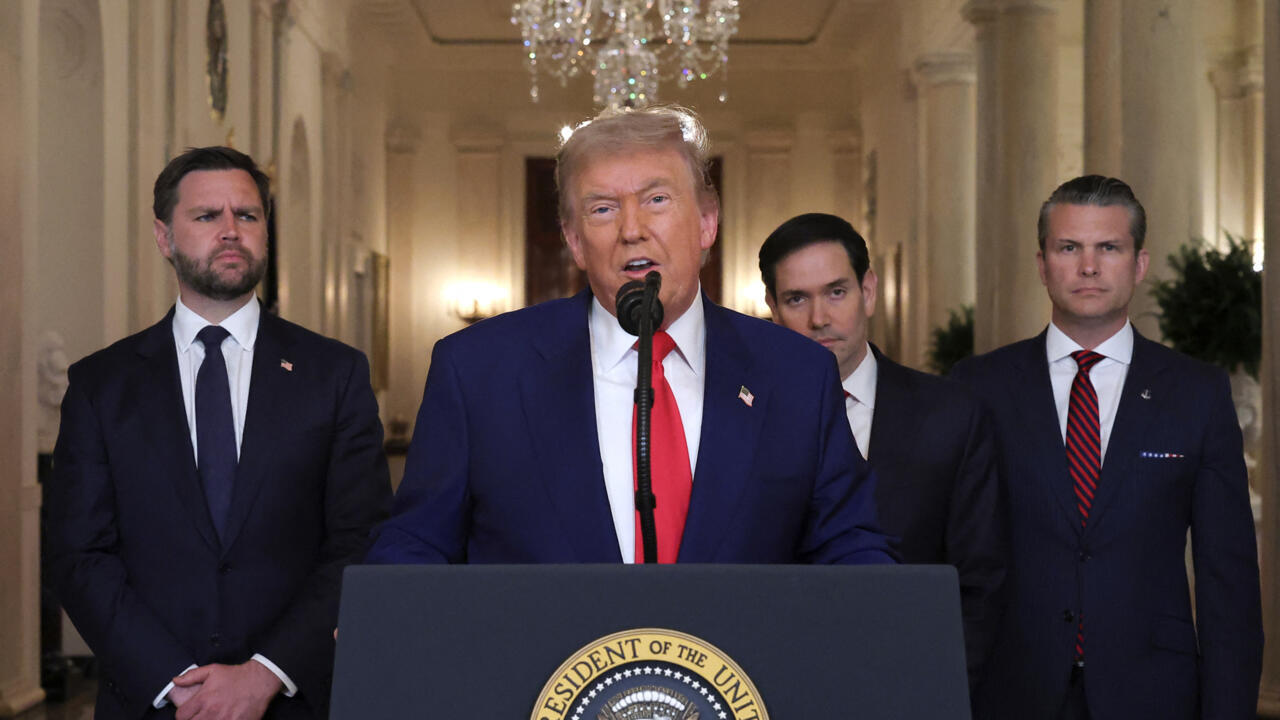President Donald Trump’s ambitious goal to reshape global trade in his second term has so far yielded more discord and uncertainty than concrete deals.
Despite his promise of “90 deals in 90 days,” his administration has secured only two new trade agreements, with a temporary de-escalation with China being the third.
The initial July 9 deadline for tariff hikes on dozens of economies, including the European Union, India, and Japan, was pushed back to August 1. This marks the second extension since the tariffs were unveiled in April, fuelling what some Wall Street traders call the “TACO Theory”—”Trump Always Chickens Out,” suggesting he delays policies when markets react negatively.
Treasury Secretary Scott Bessent is reportedly a key proponent of these pauses. Trump, however, has denied any changes, calling them mere “clarifications.”
Doubling Down on Threats and Combating “TACO” Label
This week, Trump issued over 20 letters outlining tariff rates to various world leaders, including those of Japan, South Korea, Indonesia, the EU, Canada, Mexico, and Brazil. Inu Manak, a trade policy fellow at the Council on Foreign Relations, views these numerous letters as Trump’s attempt to counter the “TACO” label. She suggests he aims to prove he’s serious about the deadlines and is likely frustrated by the lack of new deals.
The administration’s rhetoric has also shifted, acknowledging a “short-term cost” to tariffs for a “long-term gain,” a position experts like William Reinsch of the Centre for Strategic and International Studies say is “politically complicated.”
While Trump frequently claims foreign countries pay the tariffs, U.S. companies typically bear the cost. Reinsch warns that without clear trade agreements, Americans might perceive Trump’s strategy as a failure.

New Tariffs and Political Calculations
Looking ahead to the August 1 deadline, Trump announced a 50% levy on copper imports and revealed that investigations into semiconductors and pharmaceuticals could also lead to new tariffs.
Analysts believe the timing of these announcements is strategic, adding pressure and deflecting attention from the lack of completed deals.
Despite concerns, analysts like Emily Benson of Minerva Technology Futures believe that trade policy isn’t a primary concern for the average voter.
She suggests the Trump administration might be willing to absorb some political backlash to achieve its goals of boosting U.S. manufacturing and strengthening the defence industrial base.
However, a significant negative market reaction or clear inflationary impact from the August tariffs could change public perception, as Manak noted.


 Trending
Trending 